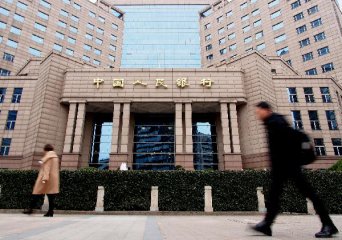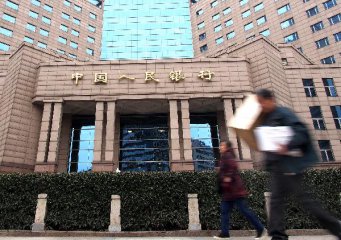The People's Bank of China injected 150 billion yuan (about 21.1 billion U.S. dollars) into the market through seven-day reverse repos at an interest rate of 2.2 percent, according to a statement on the website of the central bank.
The move aims to offset the impact of factors including the maturity of reverse repos and financial institutions' deposit reserves to keep liquidity in the banking system at a reasonably sufficient level, the statement said.
A reverse repo is a process in which the central bank purchases securities from commercial banks through bidding, with an agreement to sell them back in the future.
Since the novel coronavirus outbreak, China has increased policy support on the monetary and fiscal fronts to help businesses, especially small ones, to tide over difficulties.
China will pursue a prudent monetary policy in a more flexible and appropriate way, according to this year's government work report.
The country will use a variety of tools including reserve requirement ratio cuts, interest rate reductions and re-lending to enable M2 money supply and aggregate financing to grow at notably higher rates than last year, said the report.





















Latest comments